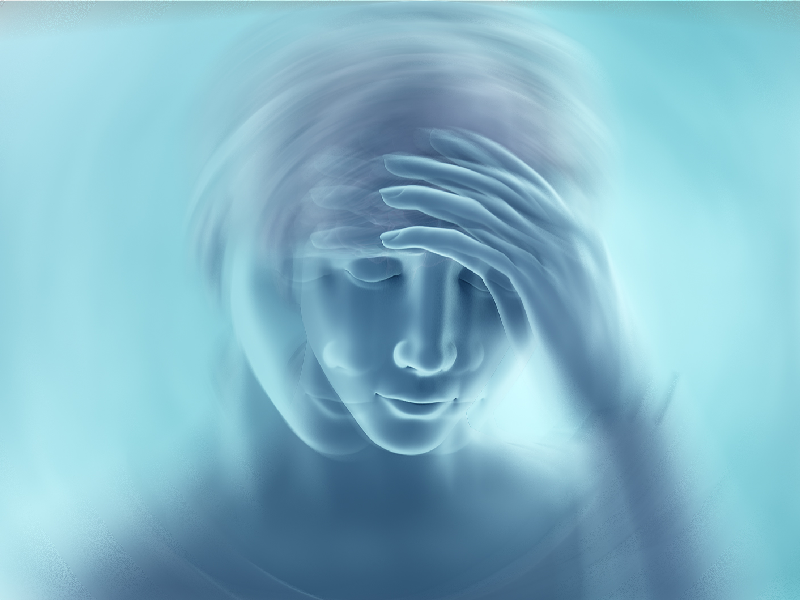
Vertigo
What is Vertigo?
Vertigo is a type of dizziness that makes a person feel like they or their surroundings are spinning. Unlike ordinary dizziness, vertigo is a more severe disorder that comes with a feeling of imbalance and can seriously affect quality of life. It is often caused by the balance system in the inner ear.
What are the symptoms of vertigo?
What Causes Vertigo?
The most common causes of vertigo are:
A detailed history, physical examination and some special tests are required to diagnose vertigo:
Vertigo treatment varies depending on the underlying cause:
Vertigo is not a disease; it is a sign of a disorder in the body. Therefore, it is of great importance for individuals with vertigo complaints to be evaluated, especially by neurologists and ear, nose and throat specialists.
Don't Let the World Spin, Let Your Life Come to Balance
If you experience frequent dizziness and have difficulty maintaining your balance in your daily life, don't ignore vertigo. It is possible to regain a balanced life with the right diagnosis and effective treatment.
Vertigo is a type of dizziness that makes a person feel like they or their surroundings are spinning. Unlike ordinary dizziness, vertigo is a more severe disorder that comes with a feeling of imbalance and can seriously affect quality of life. It is often caused by the balance system in the inner ear.
What are the symptoms of vertigo?
- A sense of spinning (a person or the environment spinning)
- Loss of balance, staggering
- Nausea and vomiting
- Twitching in the eyes (nystagmus)
- Sweating, ringing in the ears or a feeling of pressure
- Sensitivity to light and sound
- Disability to concentrate
What Causes Vertigo?
The most common causes of vertigo are:
- BPPV (Positional Vertigo): Short-term dizziness caused by the displacement of crystals in the inner ear, triggered by head movement.
- Vestibular Neuritis: Inflammation of the balance nerve in the inner ear
- Meniere's Disease: A disease caused by fluid imbalance in the inner ear, characterized by vertigo attacks, hearing loss and ringing
- Inner ear infections
- Migraine-induced vertigo
- Trauma, tumors or circulatory disorders
A detailed history, physical examination and some special tests are required to diagnose vertigo:
- Balance and eye movement tests
- Audiological (hearing) tests
- Vestibular function tests
- Imaging methods such as MRI and CT
- Blood tests (to exclude some metabolic causes)
Vertigo treatment varies depending on the underlying cause:
- Maneuvers that involve head and neck movements for BPPV (Epley, Semont, etc.)
- Drug therapy: To reduce nausea, dizziness, and balance disorders
- Physical therapy and balance exercises (vestibular rehabilitation)
- Salt restriction, diuretics, and some special treatments for Meniere's disease
- Antibiotics or antiviral drugs if caused by infection
- Surgery in rare cases intervention
Vertigo is not a disease; it is a sign of a disorder in the body. Therefore, it is of great importance for individuals with vertigo complaints to be evaluated, especially by neurologists and ear, nose and throat specialists.
Don't Let the World Spin, Let Your Life Come to Balance
If you experience frequent dizziness and have difficulty maintaining your balance in your daily life, don't ignore vertigo. It is possible to regain a balanced life with the right diagnosis and effective treatment.


